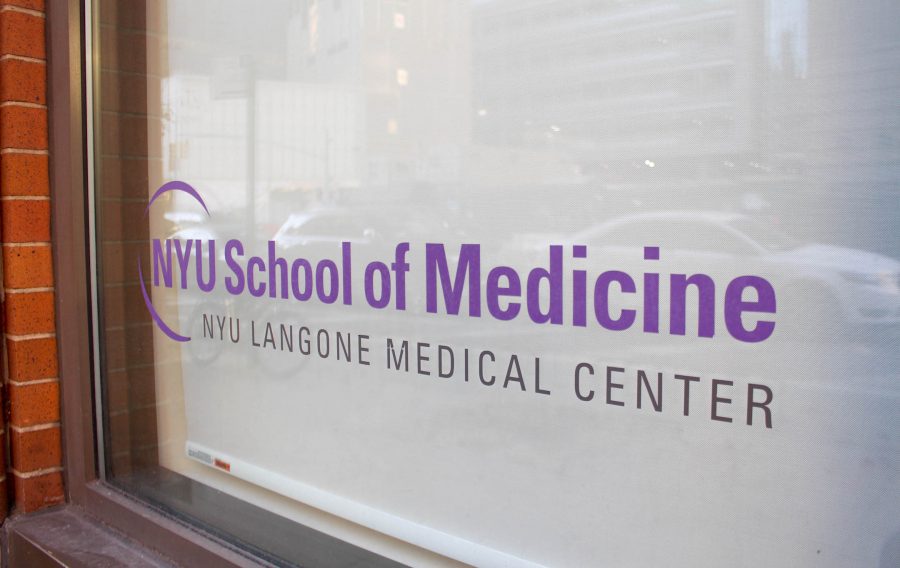Q&A: NYU Neurologist Lawrence Newman
NYU Langone, NYU’s hospital and medical school. Patients were forced to move last weekA number of pre-medical students have raised concerns about the quality of advising in CAS, claiming it is increasing the length of their medical education.
February 13, 2017
Distinguished neurologist Lawrence Newman is joining the NYU Langone Medical Center as the new director and clinical professor for the Department of Neurology’s Division of Headache Medicine.
Newman, who has been working at the university for less than a month, is one of the country’s first clinically trained headache neurologists. Prior to his employment at NYU Langone, he served as director of the Headache Institute at Mount Sinai St. Luke’s in New York City and as professor of neurology at the Icahn School of Medicine at Mount Sinai Hospital.
Washington Square News sat down with Newman to discuss his career, the current state of the headache division at NYU Langone and what he hopes to achieve during his time at the university.
Washington Square News: Can you tell me about NYU’s Headache Medicine Division?
Lawrence Newman: The Headache Medicine Division is a division of the Department of Neurology at NYU — all of us in the division are currently neurologists. Besides being neurologists, we have added special expertise in that our physicians in the division are not only certified in general neurology, but we have all done fellowships in headache medicine and have some specialty training in headache medicine [and] board certifications in headache medicine. There are only about 500 board-certified headache medicine specialists in the country. Being treated for headache disorders can be done by anybody — [it] doesn’t have to be a headache medicine expert. However, headache medicine experts bring something to the table.
WSN: The headache department at NYU Langone is currently developing, so are there plans to change this division in the future?
LN: We’re currently brand new — I’ve only been there three weeks — so the goal would be, moving forward, to have a centralized site for all of us. Because of the different sites, it’s a challenge for us to meet as a cohesive group, so we are in a process of setting up monthly meetings with all the clinicians and all the headache doctors so we can go over various difficult cases.
WSN: What are the goals you hope to achieve?
LN: It will be to have the best headache medicine program in the tri-state area. It’s gonna be done, because we have a group of excellent physicians who are trained in headache medicine, but we also have the call out on all the sites and services of NYU Langone, which is a top-notch medical center. We’re developing a clinical trial center so that we can have our patients get access to new medications before they’re available to the public because they’re still in clinical trials. We’re in the process of putting together an infusion suite whereby any of our patients who have a headache that is not because of usual events can come to our center to a nice, quiet room and get an infusion of whatever medication we determine to be right for them.
WSN: Are there any longer-term goals that you have in mind for the center?
LN: Down the pipe, my goals would be to to start an adolescent headache medicine program and ultimately also a pediatric headache medicine program. All of us are in academic medicine, so we are all responsible for teaching. We all write books and papers, and we’re all asked to lecture in the country or around the world. So this is cutting-edge. If something happens, and if you want to get better, this is the place to go to.
A version of this article appeared in the Monday, Feb. 13 print edition. Email Phyllis Lam at [email protected].












































































































































